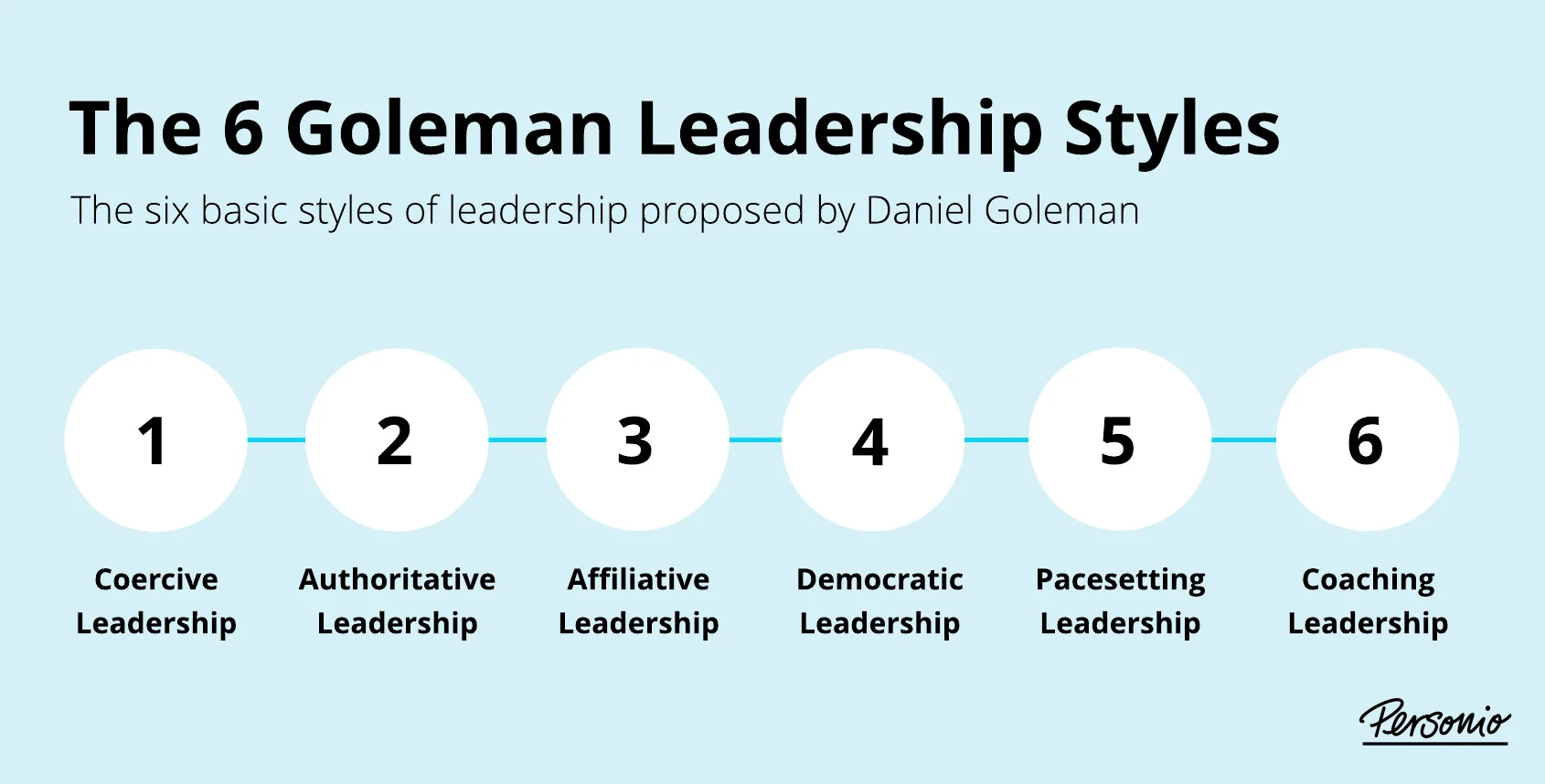Brief Introduction To Spread Betting
Financial spread trading, also referred to as spread betting offers investors a tax free instrument to speculate on financial market movements whether they are rising or falling. It also allows for the trading of commodities, indices, currencies, precious metals, bonds, as well as equities all from one account. This is a derivative product which in simple terms means that the prices you are trading on are derived from the underlying product. The actual spread will be the difference between the price you buy and the price you can sell at.
When the trader is ready to place their bet or position they will go long or short depending on what they feel the market will do next. If the market movements are in their favor then they will profit; if the market movements do not go in their favor then they will lose.
Spread betting makes use of a margin (Initial Margin Requirement); the investor will only need to deposit a certain percentage of the actual position, which is set by the broker. By using this leverage the traders opening deposit will allow for more exposure to a larger portion of the underlying market. For this reason a trader can actually incur losses which will be over their initial deposit.
To safeguard the capital within your account it is very important to create your stop loss or stop win order. A stop loss will close the position automatically as per the order when at loss. A stop win does virtually the same as the stop loss except when in favor.
In financial spread trading the bet can be made as a ‘Daily Bet, ‘Rolling Bet’ or ‘Contract Month’. When opening a daily bet it will close at the end of the trading day which it was opened. A rolling bet does not close at the end of the trading day, however rolls into the next trading day. The rolling bet will incur additional finance fees, so it is important to check with your broker for costs. The contract month bet is one that is opened and will close at the date specified and can be open up to three months.
In closing, if you are new to financial spread trading you must make sure that you understand the many factors and terminology involved. Be sure that you fully understand leverage, margin trading, stop loss orders, as well as know the market you are opening your positions in. Know when your position is expiring and watch for latest announcements that could cause capital loss, and finally understand the fees which you may incur.


